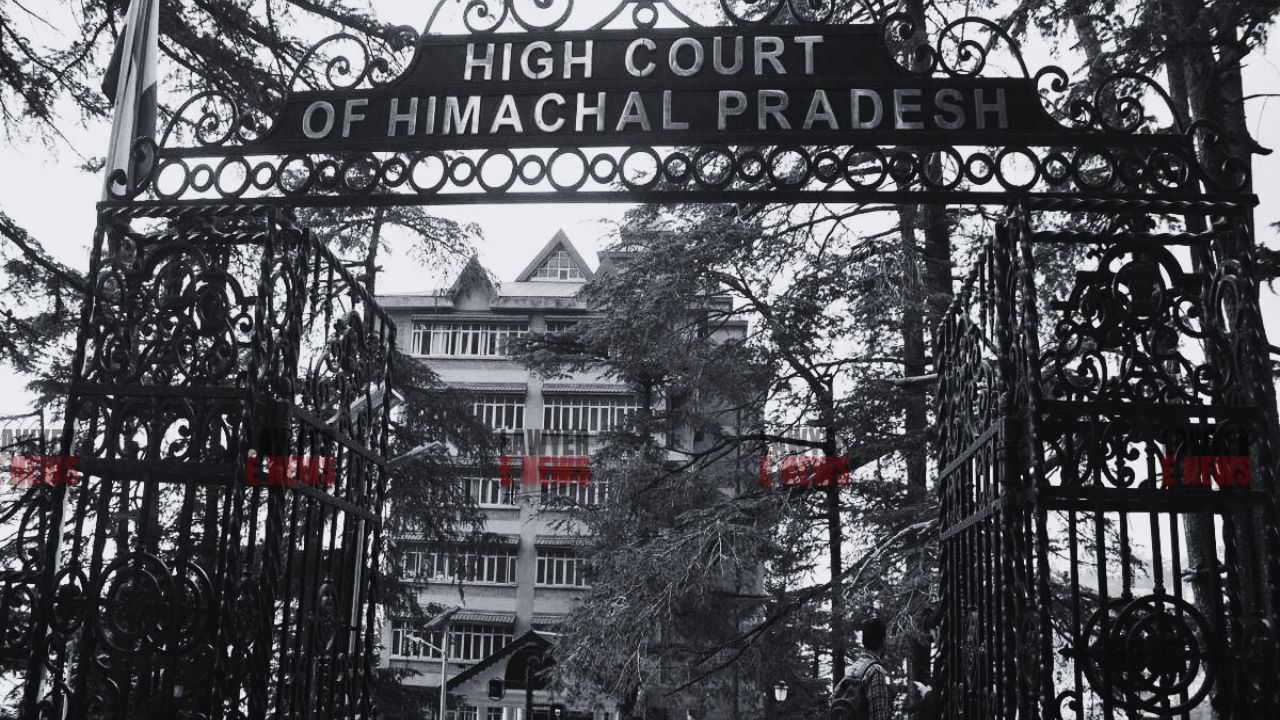-
by Admin
15 February 2026 5:01 PM



The High Court of Himachal Pradesh, led by Chief Justice M.S. Ramachandra Rao and Justice Satyen Vaidya, has dismissed an appeal challenging the Family Court’s rejection of a divorce petition based on allegations of cruelty and desertion. The decision reinforces the necessity for specific and corroborative evidence in claims under Section 13(1)(ia) and (ib) of the Hindu Marriage Act, 1955. The appellant, Suresh Kumar, had sought dissolution of his marriage to Meena Kumari, which was solemnized in 1991 and produced two sons.
Suresh Kumar filed for divorce on May 1, 2018, alleging that Meena Kumari showed disinterest in the marriage from its inception, maintained a relationship with another person, and frequently deserted him. He accused her of making derogatory remarks about his complexion and threatening suicide if not allowed to continue her alleged affair. He also claimed she refused to live with his parents, leading to familial discord and her permanent departure in November 2009.
Meena Kumari denied these allegations, highlighting Suresh Kumar’s previous unsuccessful divorce petition and accusing him of cruelty and inadequate maintenance. She cited the dismissal of his earlier petition for non-prosecution and her awarded maintenance under the Protection of Women from Domestic Violence Act, 2005.
The court emphasized that Suresh Kumar’s claims were largely based on hearsay, lacking direct witness testimony or substantial evidence. “General allegations without specific incidents and corroborative testimony cannot form the basis for divorce,” noted the bench. The Family Court had pointed out discrepancies in Suresh Kumar’s allegations, including contradictory statements and the absence of key witnesses such as his parents or panchayat members.
The principle of res judicata was applied due to the appellant’s earlier petition dismissal for non-prosecution, barring the current petition based on the same grounds. The court underscored that repeated litigation on identical issues without new evidence is legally impermissible.
The court found evidence of Meena Kumari’s willingness to reconcile, corroborated by appellant’s own witnesses. This willingness contrasted with Suresh Kumar’s refusal to restore marital harmony, undermining his claims of desertion.
A critical document in the case was a compromise agreement (Ext. R-1), wherein Suresh Kumar admitted to doubting Meena Kumari’s character without cause and apologized for his actions. The court noted that this agreement and findings from a domestic violence complaint, which awarded maintenance to Meena Kumari, further discredited Suresh Kumar’s allegations.
Chief Justice M.S. Ramachandra Rao remarked, “The necessity for specific and substantiated evidence in claims of marital discord cannot be overstated. Hearsay and general accusations fall short of the legal standards required to grant a divorce.”
The High Court’s decision to dismiss the appeal underscores the judiciary’s commitment to upholding evidentiary standards in divorce proceedings. The ruling clarifies that general allegations and hearsay cannot substantiate claims of cruelty and desertion. This judgment serves as a critical precedent, reinforcing the need for specific and corroborative evidence in matrimonial disputes.
Date of Decision : July 02, 2024
Suresh Kumar vs. Meena Kumari
